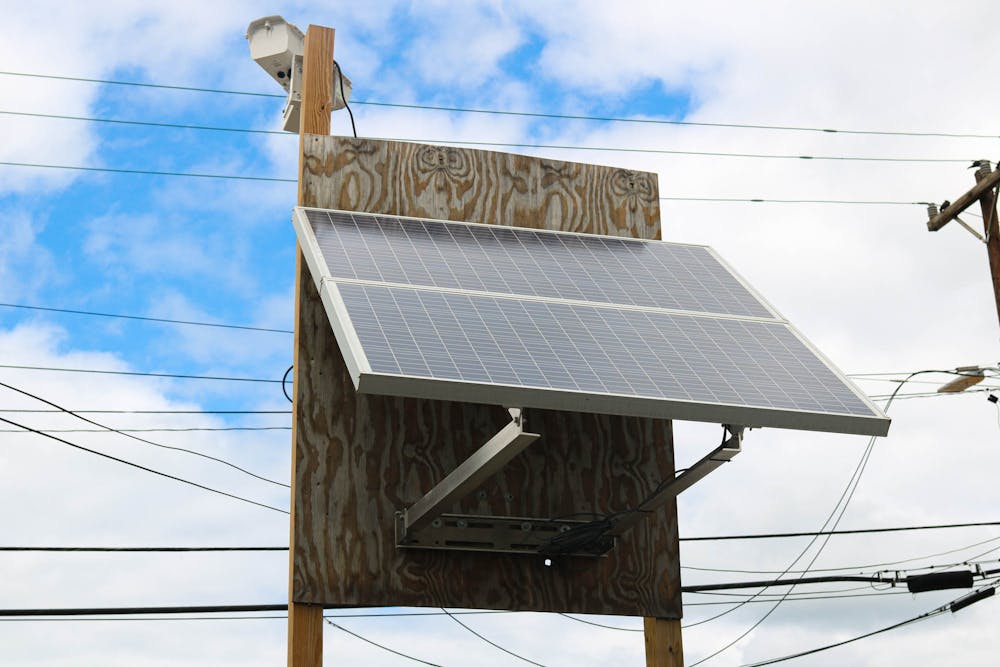Gov. Roy Cooper declared this week, Sept. 26 to 30, as North Carolina Clean Energy Week to highlight the state’s efforts in expanding clean energy programs.
Cooper said local governments and community organizations work to adopt cleaner energy to address climate change.
Amy Eckberg is the Orange County Sustainability Programs manager. She plans county-wide initiatives that incorporate sustainability into citizens’ daily lives, including the Community Climate Action Grant Program, which was established to accelerate climate change mitigation.
“The program has funded a lot of weatherization programs that are creating a lot of energy efficiency in our community, which is helping us to reduce our dependence on energy,” Eckberg said.
Orange County also joined Solarize the Triangle, which makes solar power more accessible to citizens and businesses by group-purchasing solar installations.
“The cost to install solar gets lower as more people participate,” John Richardson, the community resilience manager for the Town of Chapel Hill, said.
In both Orange County and the Town of Chapel Hill, transportation and infrastructure are the biggest contributors to greenhouse gas emissions, Richardson said.
“About 96 percent of all carbon emissions in Chapel Hill come from our buildings and from the transportation sector,” Richardson said. “We know that a transition to clean energy is essential to meeting our climate goals.”
UNC is ahead of the curve on multiple environmental state-wide executive orders. Executive Order 80 calls for a 40 percent decrease in greenhouse gas emissions by 2025. UNC met that goal in 2020.




